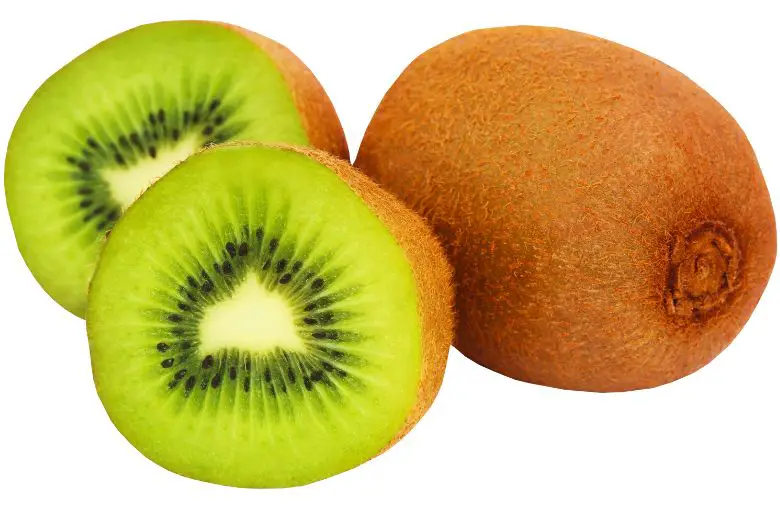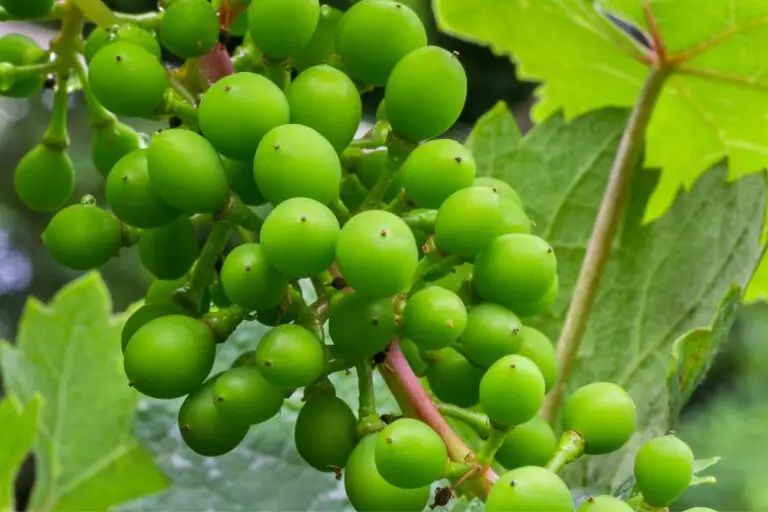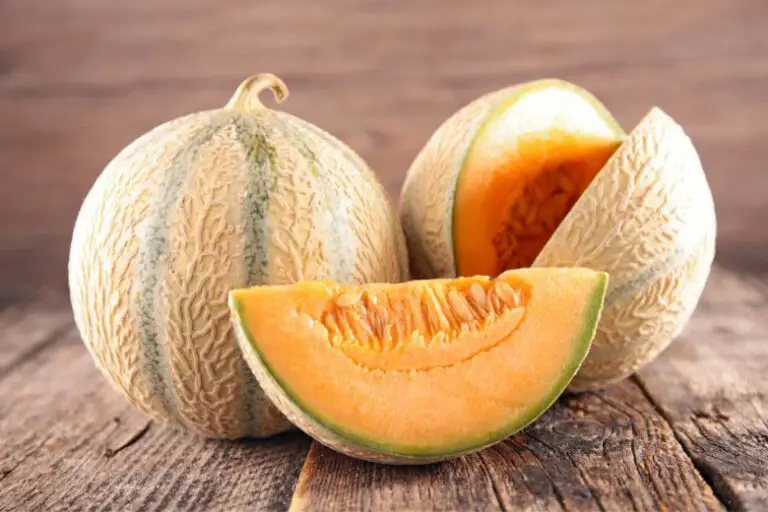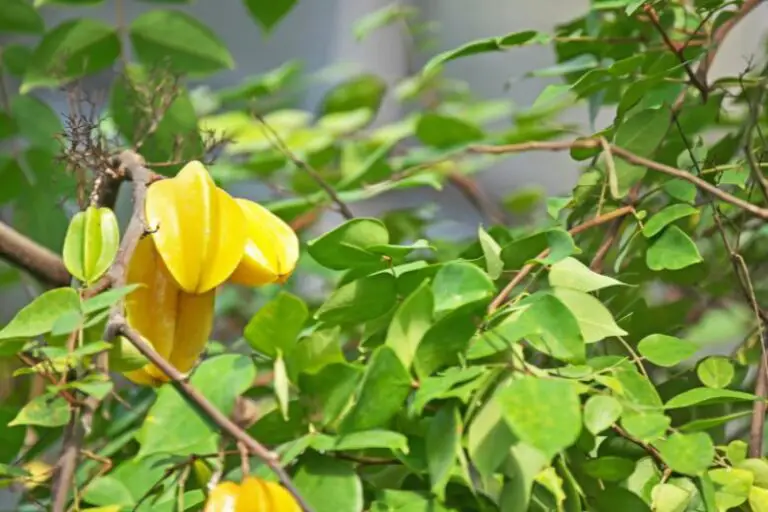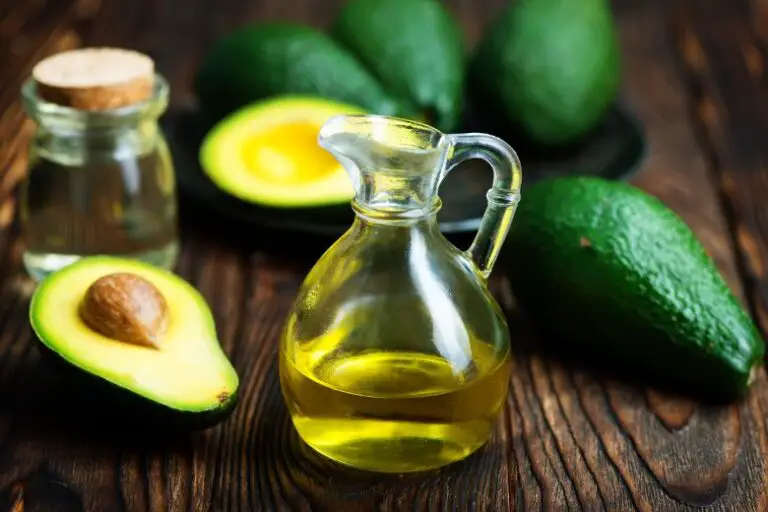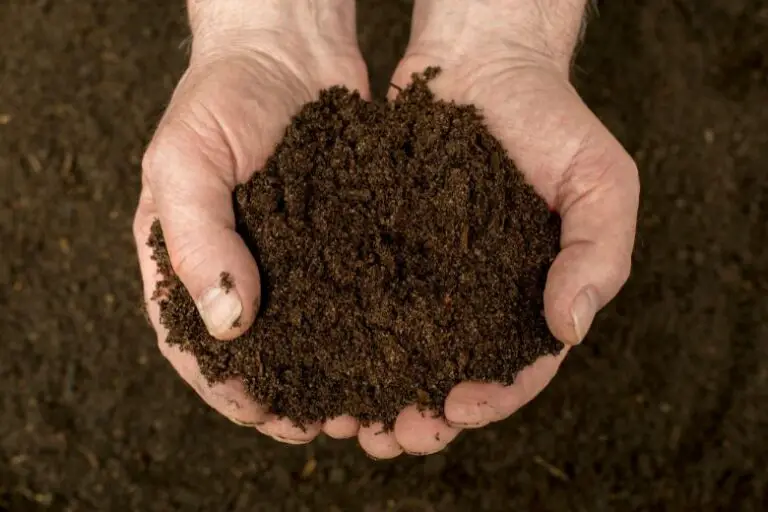When is Kiwi Fruit Season?
Kiwi fruit, scientifically known as Actinidia deliciosa, is native to China but is now cultivated in many countries worldwide. It is renowned for its tangy and sweet flavor, as well as its rich nutritional profile. Kiwis are packed with vitamins, minerals, and antioxidants, making them an excellent addition to a healthy diet.
Kiwi Fruit Overview
The kiwi fruit is small and oval-shaped, typically measuring around 2 to 3 inches in length. It has a brown, fuzzy skin that encloses bright green flesh with tiny black seeds. The flavor is a delightful blend of sweet and tart, with a hint of tropical notes. Kiwis are known for their high vitamin C content and are also a good source of dietary fiber, vitamin K, and potassium.
Kiwi Fruit Varieties
There are several varieties of kiwi fruits, each with its own unique characteristics. The most commonly available variety is the Hayward kiwi, which has a tangy flavor and vibrant green flesh. Other popular varieties include the golden kiwi, with its smooth skin and sweeter taste, and the baby kiwi, also known as kiwi berries, which are small, smooth, and entirely edible.
Factors Affecting Kiwi Fruit Season
The seasonality of kiwi fruits is influenced by various factors, including climate, geographical location, and cultivation techniques. Kiwi plants thrive in temperate regions with mild winters and warm summers. They require a certain number of chilling hours during the dormant period to stimulate growth and flowering. Adequate sunlight, well-drained soil, and proper irrigation are also essential for optimal fruit production.
Northern Hemisphere Kiwi Fruit Season
In the northern hemisphere, where countries such as the United States, Italy, and France are located, the kiwi fruit season typically begins in late fall or early winter, around October or November. The fruit reaches its peak ripeness during the winter months, from December to February, making it a delightful addition to holiday celebrations. However, the exact timing may vary depending on the specific location and climatic conditions.
Southern Hemisphere Kiwi Fruit Season
In the southern hemisphere, countries like New Zealand, Chile, and Australia experience the reverse seasonality compared to the northern hemisphere. The kiwi fruit season in these regions usually begins in late spring, around March or April, and extends into the summer months. This allows for a steady supply of fresh kiwis during the warmer seasons, ensuring availability when the northern hemisphere is experiencing winter.
Harvesting Kiwi Fruits
Harvesting kiwi fruits is a delicate process that requires careful handling to prevent damage to the fruit. Kiwis are typically hand-picked to ensure that they are harvested at the optimal stage of ripeness. The fruit should be firm but yield slightly to gentle pressure. Once harvested, kiwis are carefully packed to protect them during transportation to markets and stores.
Storing and Ripening Kiwi Fruits
If you purchase kiwi fruits that are not yet fully ripe, you can store them at room temperature to allow them to ripen. Placing the kiwis in a paper bag with an apple or banana can expedite the ripening process due to the release of ethylene gas. Once the kiwis are ripe, they can be stored in the refrigerator for up to two weeks. It is best to consume them promptly to enjoy their optimal flavor and texture.
Enjoying Kiwi Fruits
Kiwi fruits can be enjoyed in various ways, adding a refreshing touch to both sweet and savory dishes. Here are a few ideas for incorporating kiwis into your culinary creations:
- Fresh: Simply peel the kiwi and enjoy the juicy flesh as a healthy snack or add it to fruit salads for a burst of vibrant flavor.
- Smoothies: Blend kiwi fruits with other favorite fruits and a liquid base to create a delicious and nutritious smoothie.
- Desserts: Kiwis can be used in desserts like pies, tarts, cakes, and sorbets to add a tangy and visually appealing element.
- Salsas and Salads: Dice kiwi fruits and combine them with ingredients like tomatoes, onions, cilantro, and lime juice for a refreshing salsa or salad.
Nutritional Benefits of Kiwi Fruits
Kiwi fruits offer numerous health benefits due to their impressive nutrient profile. Here are some key nutritional benefits of kiwi fruits:
- Vitamin C: Kiwis are an excellent source of vitamin C, which supports immune function, collagen production, and antioxidant activity.
- Dietary Fiber: Kiwi fruits are rich in dietary fiber, which aids digestion, promotes satiety, and supports heart health.
- Potassium: Kiwis are a good source of potassium, which is essential for maintaining proper heart and muscle function.
- Antioxidants: Kiwi fruits contain antioxidants that help protect against cellular damage caused by free radicals, potentially reducing the risk of chronic diseases.
Kiwi Fruit Recipes
To inspire your culinary adventures with kiwi fruits, here are two simple and delicious recipes:
Kiwi and Strawberry Smoothie
Ingredients:
- 2 kiwi fruits, peeled and sliced
- 1 cup fresh strawberries, hulled
- 1 cup plain yogurt
- 1 tablespoon honey (optional)
- Ice cubes (optional)
Instructions:
- In a blender, combine the kiwi fruits, strawberries, yogurt, and honey (if desired).
- Blend until smooth and creamy.
- Add ice cubes if a chilled smoothie is preferred.
- Pour into glasses and serve immediately.
Kiwi Fruit Salad
Ingredients:
- 4 kiwi fruits, peeled and sliced
- 1 cup fresh blueberries
- 1 cup diced watermelon
- 1 tablespoon fresh lime juice
- 1 tablespoon honey (optional)
- Fresh mint leaves for garnish
Instructions:
- In a bowl, combine the kiwi fruits, blueberries, and watermelon.
- Drizzle with lime juice and honey (if desired).
- Gently toss to coat the fruits evenly.
- Garnish with fresh mint leaves.
- Serve chilled as a refreshing summer salad.
Fun Facts About Kiwis
Here are some fun and interesting facts about kiwi fruits:
- Kiwi fruits originated in China and were initially called “Chinese gooseberries.”
- New Zealand is one of the leading producers of kiwi fruits globally.
- Kiwis are rich in enzymes that can tenderize meat, making them a natural meat marinade.
- Kiwi fruits contain actinidin, an enzyme that aids in digestion.
- Kiwi fruits are known for their high vitamin C content, which is even higher than that of oranges.
Conclusion
The kiwi fruit season varies depending on the hemisphere and climatic conditions. In the northern hemisphere, kiwi fruits are typically available during the winter months, while in the southern hemisphere, they are harvested during the spring and summer. Regardless of the season, kiwis offer a deliciously tangy and nutritious addition to your diet. Incorporate them into your meals, snacks, and desserts to enjoy their unique flavor and reap their health benefits

